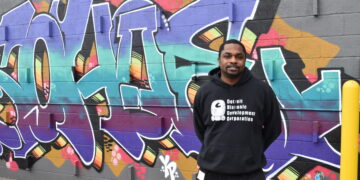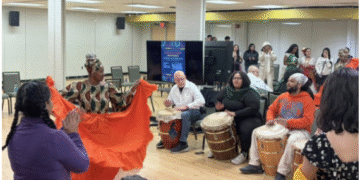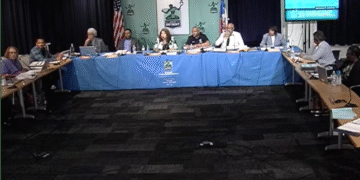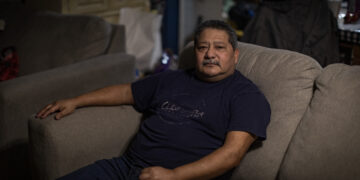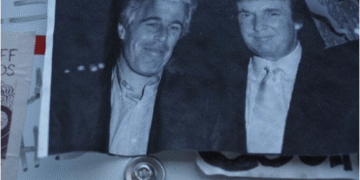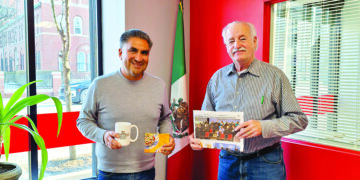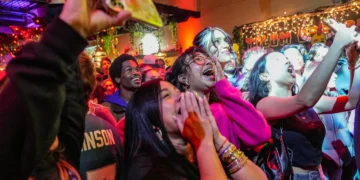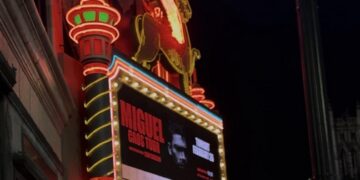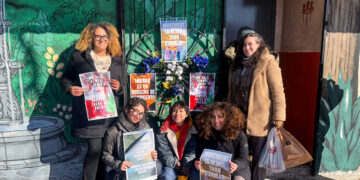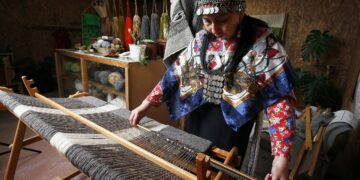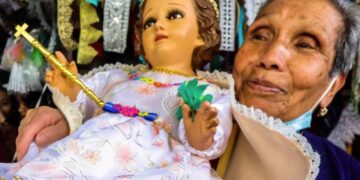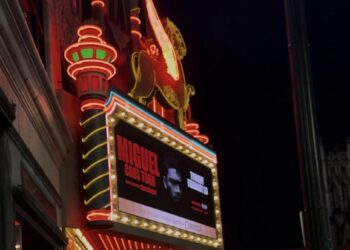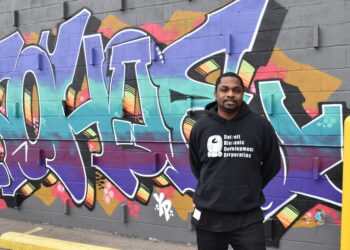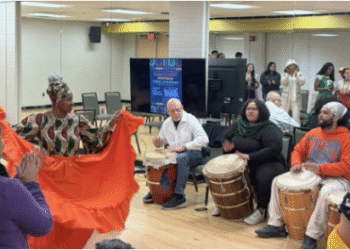On Saturday, February 3, at the Senate Theater, Southwest Detroit was given a free screening of the documentary film: American Homeboy with director Brandon Loran Maxwell. The event was organized and made possible by Nuestra Cultura Multimedia Productions from Saginaw. This was done in synch with the kick off Chicano History Week Feb 2- Feb 8.
The film was made with a collection of rare film footage from the Chicano Movement in California during the 1960s showing its roots from Zoot Suit rebellion to the rise of Cholo car culture.
It was both a snapshot of various histories showing the thread and braids of Mexican American culture as it faced birth and oppression. Interestingly it showed both via historical footage and from the words of those interviewed about what happened.
In the beginning of the film, there is footage from the 1960s of young Chicana college age women who are met by an announcer sharing solidarity and pride. He made a very quick statement that “The system wants us to fight each other….” And that is all we see of them.
Later we see how the Mexican American youth in the 1940s-1950s were enjoying their young lives dressed in very cool Zoot Suits; the extra cloth was a symbol of wealth since wartime rationing had limited the use of excessive cloth. Then in the film, we see how they are then targeted by the police and were assaulted and humiliated. Later there is retaliation by the Mexican American youth; we now see how the culture of clothes takes on a new meaning of identification and proclamation of “otherness” and how part of that expression evolves into gang activity. Some of those interviewed note how gang life ruined much of their lives, but it was their way of being cool and glorious: the joy of youth.
All of the comments of those who realize that their ways were wrong had to learn the hard way: it was the pride of arrogance that led them astray but it was the pride of family and craftsmanship that helped them grow. In the case of the director of the film, it was education that finally helped him see the light.
In looking at the film, we often forget the words that we should ponder, words that capture the whole trajectory: “the system wants us to fight each other…”
The film will be touring the country. Here in Detroit, we were given background information by the director. Later we were offered a panel discussion by Andrew Ayala, a Chicano educator from Dallas, Maria Serrato, from Lansing, founder of Capital Area Latina Youth (CALY), and Southwest Detroit’s own Elton Monroy Duran, muralist/artist extraordinaire. Prior to the panel discussion, local poet Michael Reyes gave an electric spoken performance using words given to him by the audience.
Although the film doesn’t spell out how sociological dynamics change or evolve a group within a group, it did however lay out a path of a much larger march, which is celebrated in Chicano History Week.


